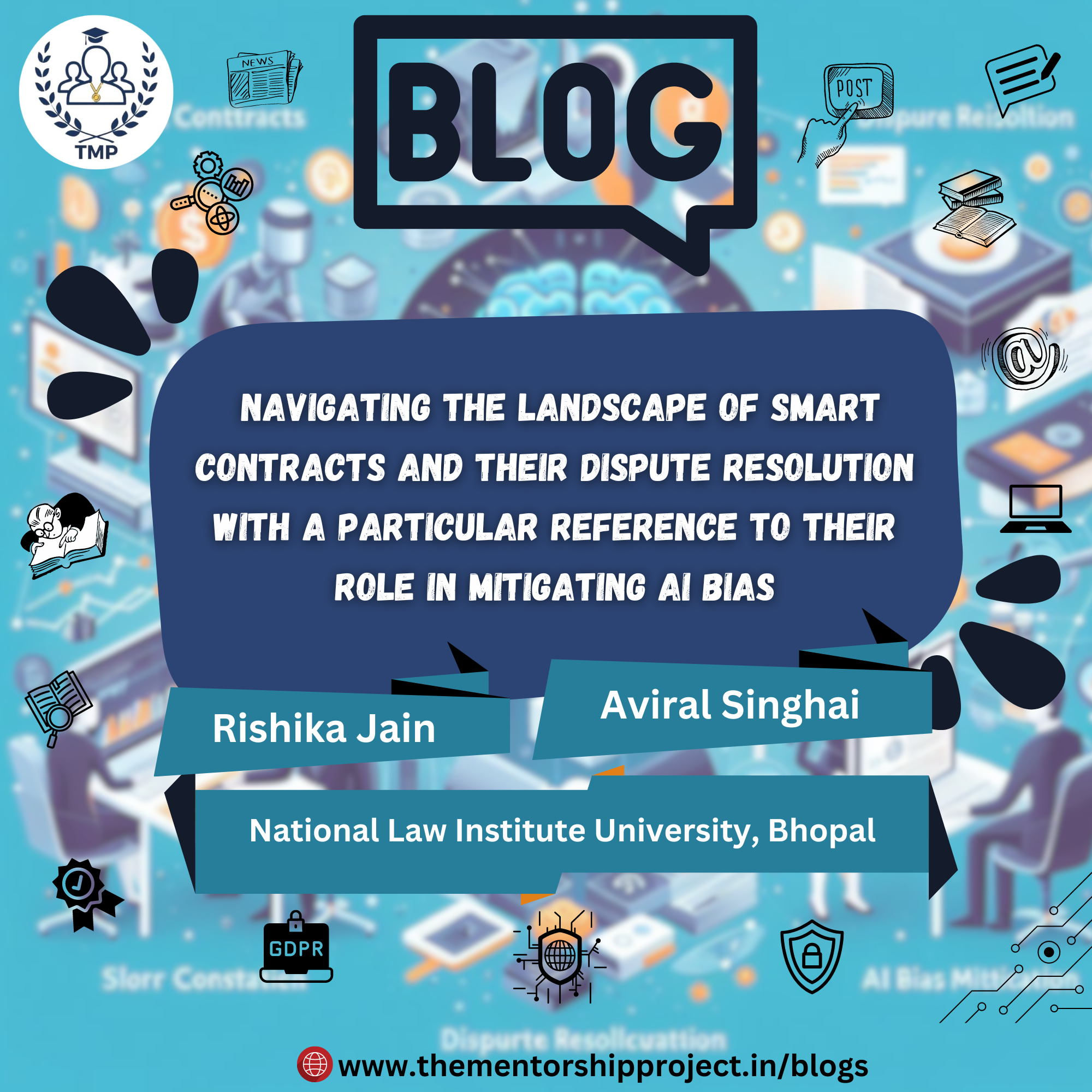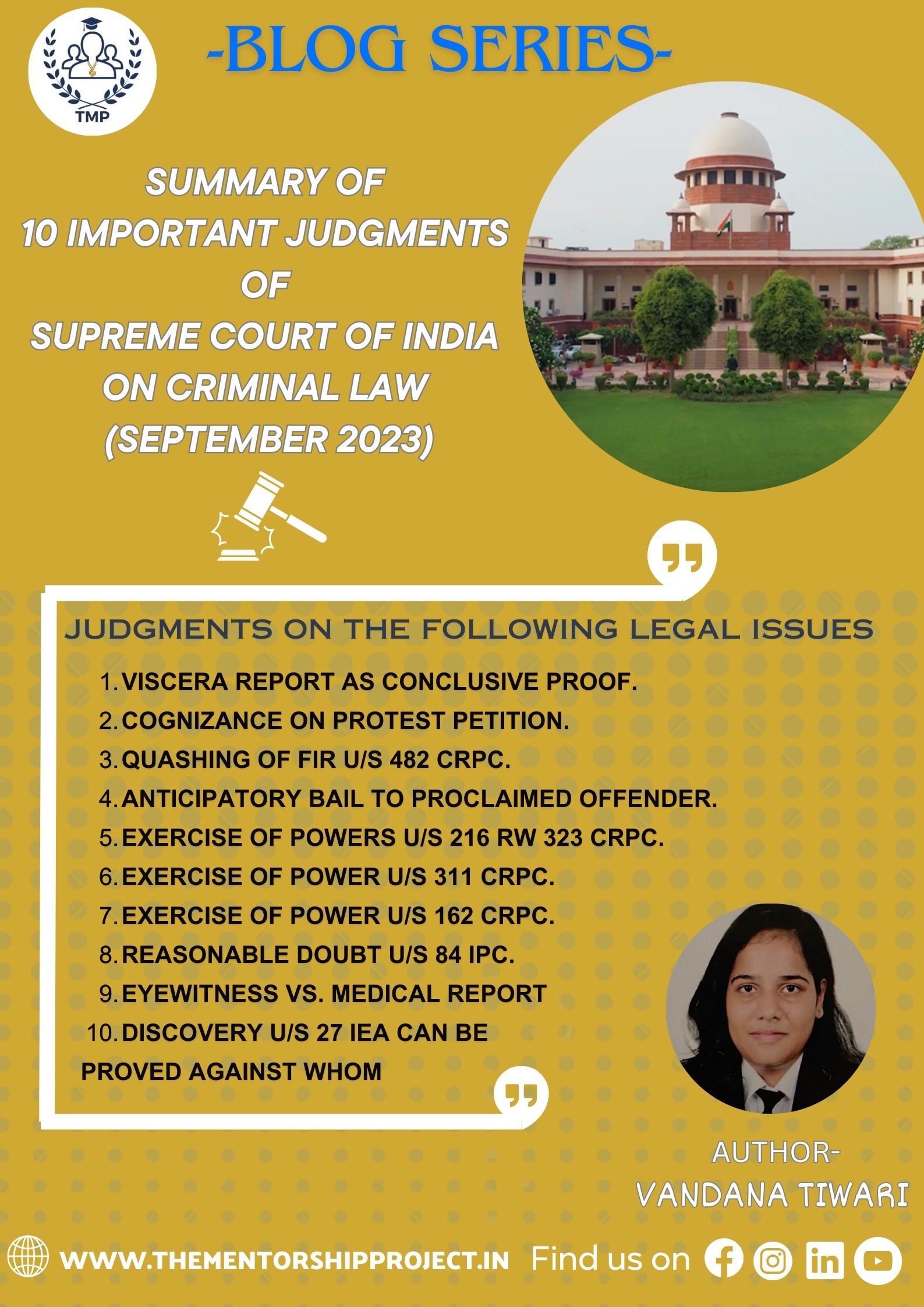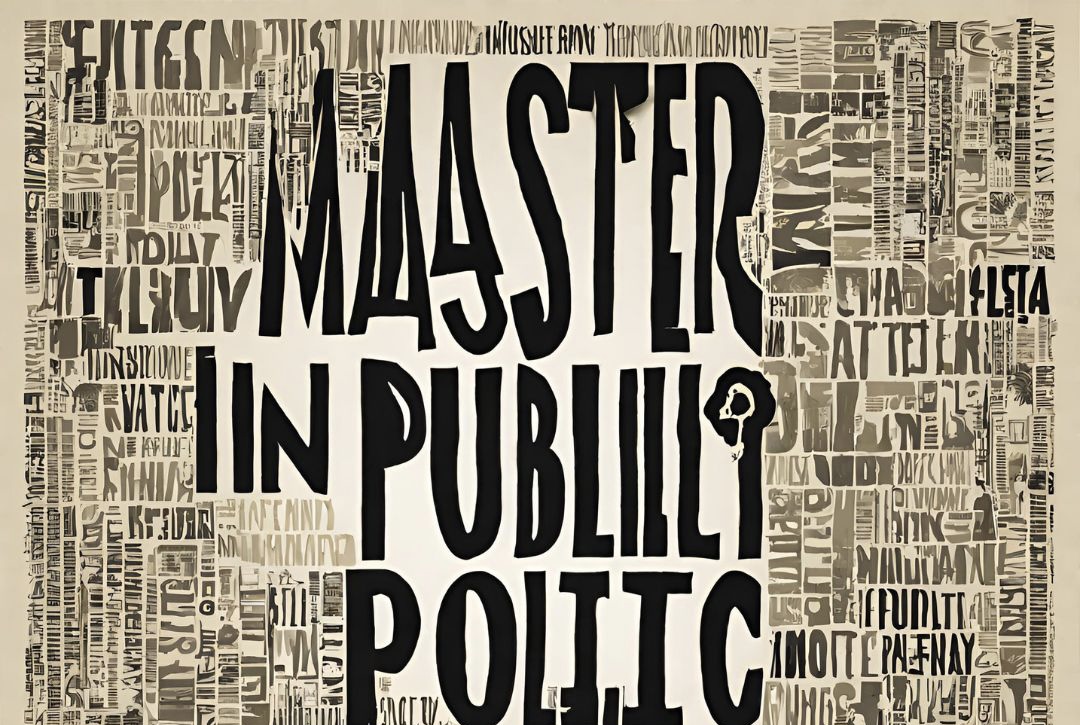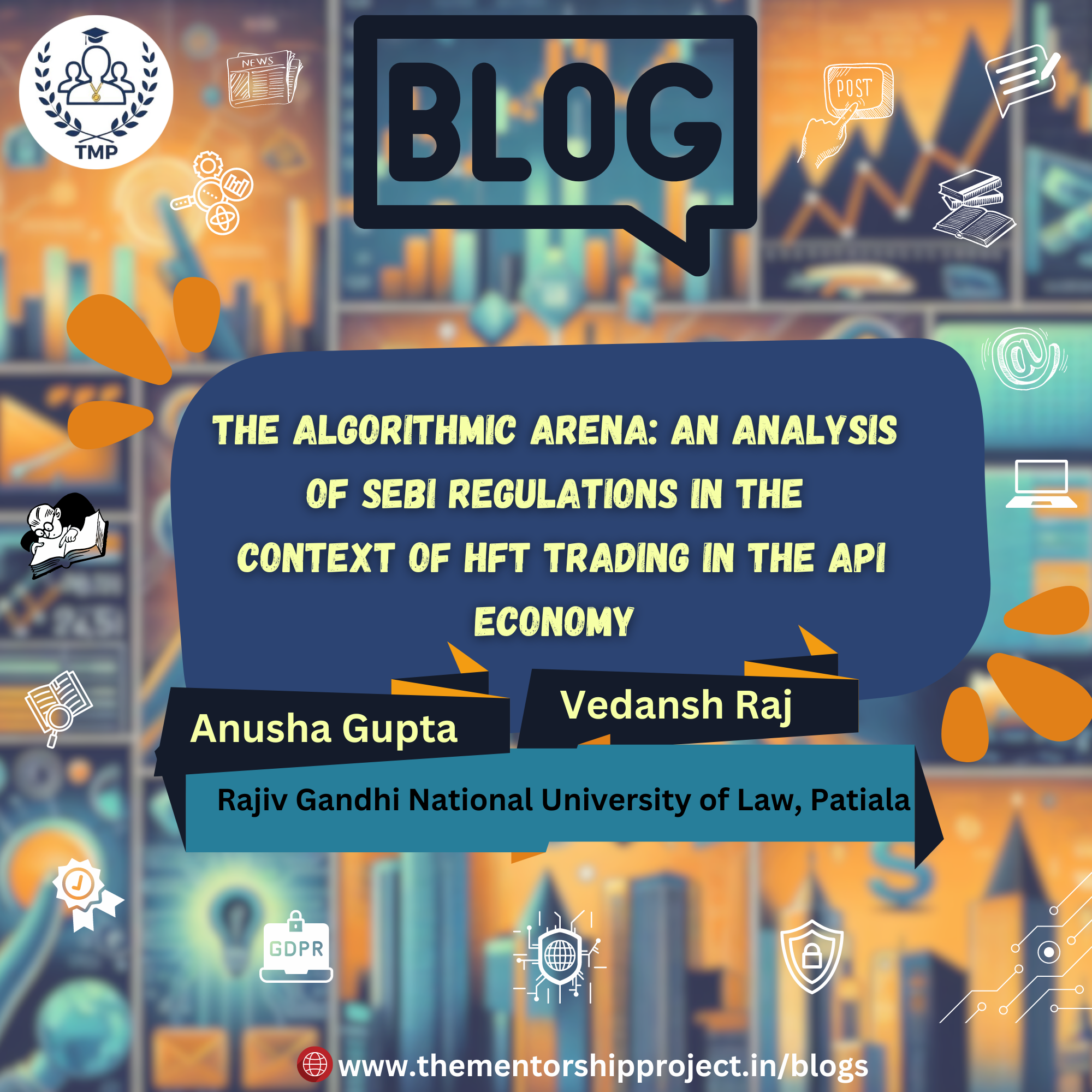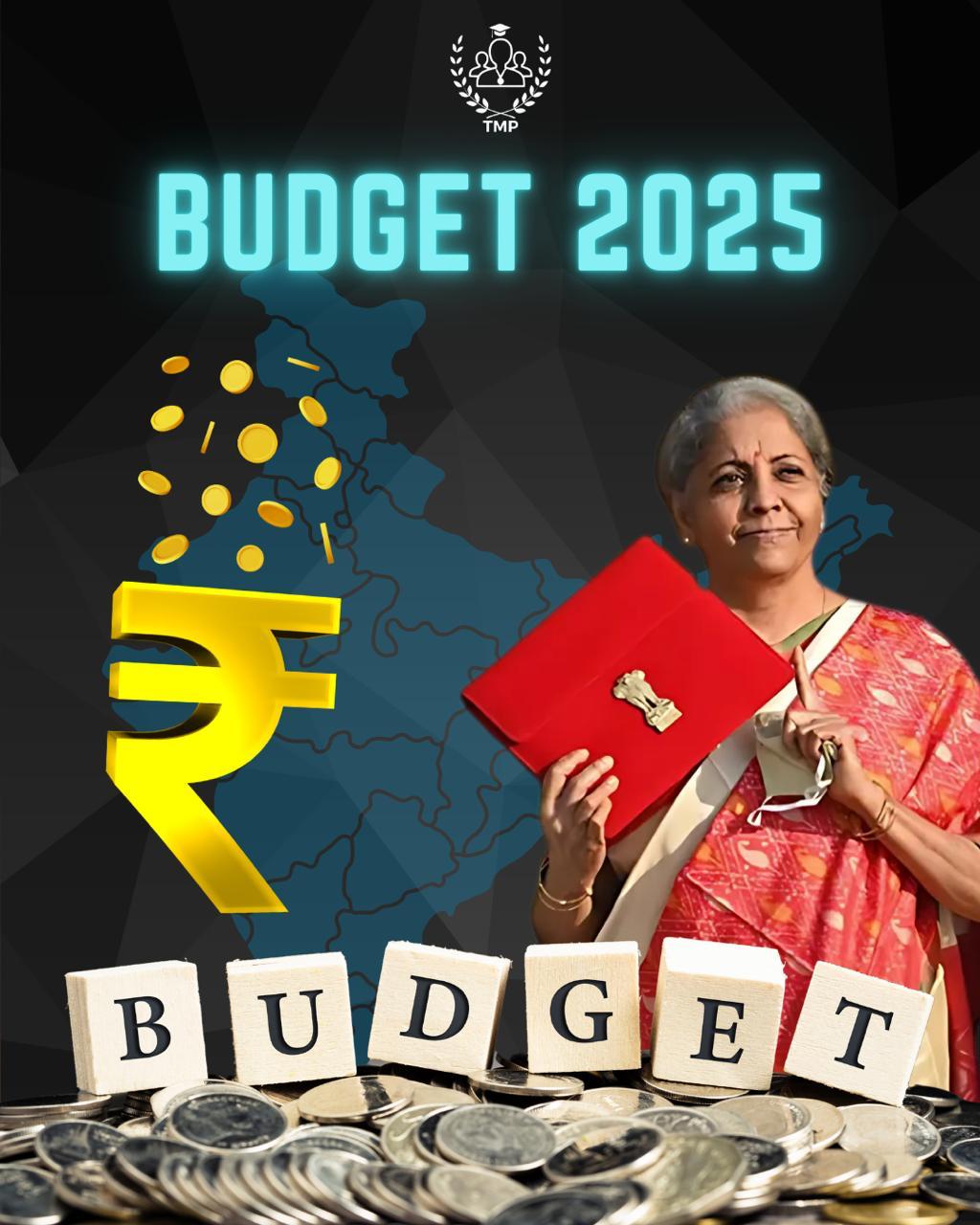April 08 , 2024
NAVIGATING THE LANDSCAPE OF SMART CONTRACTS AND THEIR DISPUTE RESOLUTION WITH A PARTICULAR REFERENCE TO THEIR ROLE IN MITIGATING AI BIAS
Introduction
The landscape of today’s evolving economy requires a transformative technological boost to match the pace of modernization. One such advancement in the corporate world has been the introduction of self-executing, tamper-proof contractual agreements, which are swift, secure, and save one from the traditional obstacles. These instruments, once completed, are called smart contracts.
Smart contracts are computer programs hosted on blockchain networks that do not require the involvement of third parties. They function on the principle of ‘when x happens, y happens’ and have predefined conditions coded in a programming language compatible with the blockchain platform they are stored on. Upon the fulfilment of these conditions, the contract gets executed on its own.
The main objective behind the design of these contracts is to reduce human errors that occur through manual contracts. Since smart contracts are not managed by individual parties, they offer resistance against attacks.
Benefits
Smart contracts offer a game-changing approach to managing agreements. They offer new possibilities and multiple other benefits, some of which are listed below.
- Save Resources
Smart contracts tremendously save time by speeding up the process of execution. Document notarization and verification becomes easier because there is a well-kept record of the contract. The process is more transparent and can be incorporated into real estate deals and employment contracts.
The Evernym Identity Platform makes users store documents on blockchain which are automatically verified via smart contracts. This saves time and makes keeping checks on data easier.
- Supply chain mechanism
Now, every step of the product’s journey till the time it reaches the buyer can be properly recorded and tracked, thereby benefitting the supply chain mechanism. Automatic payment systems help in reducing delays since payouts can be generated automatically when predefined conditions are met.
The IBM Food Trust- Walmart partnership has enabled the former to track food products using smart contracts, thereby strengthening consumer trust.
- Automated Insurance Payouts
Smart contracts cater to various industry demands like insurance payouts. Predefined conditions in these contracts, upon being met, automatically trigger payouts and prevent human error and delays.
The FlightSure platform provides flight delay insurance through smart contracts. When flights are delayed by a pre-defined amount, payouts are automatically triggered.
Issues
Despite having various benefits they have a few issues, some of which are listed below.
- Security Vulnerabilities
Hackers can exploit logical flaws in the contract to divert funds or even seize control of the contract entirely. Moreover, vulnerabilities can create open doors for siphoning off funds stored within the contract or associated with its operation.
The DAO Hack case: A recent example of security vulnerability was observed in the DAO Hack case where the smart contract of DAO had a deficient security structure which allowed hackers to siphon off $60 million worth of Ether.
- Lack of Flexibility
Discovering errors after deployment becomes a major hurdle. Rewriting becomes the only option that is left but requires complex workarounds or entirely new creations, causing delays. The immutable nature of blockchain makes reversing transactions or modifying outcomes quite difficult.
Decentralised crop insurance denied claims to drought-stricken farmers due to limited data capturing the localised disaster. This was because the Rigid pre-defined parameters in the contract resulted in an inability to change the conditions with a change in the situation.
- Legal Uncertainty
The next concern is that the decentralised nature of blockchains leads to an abundance of issues related to enforcement and applicable legal jurisdictions for smart contracts and potential disputes.
CryptoKitties, a blockchain game, faced legal challenges due to smart contracts governing breeding rights because of confusion regarding the ownership status of digital "Kitties", highlighting the need for nuanced legal frameworks.
Dispute Resolution Mechanism
Most developed countries have certain provisions in their domestic legislation regulating the execution and functioning of smart contracts. While India does not have a dedicated law to govern them, judicial precedents and existing legislation have been widely used to determine their legal validity.
Principles of the Indian Contract Act, 1872, highlighting the essential elements of an agreement including offer, acceptance, and consideration are used to determine whether a smart contract is enforceable. The Information Technology Act, 2000 recognizes the admissibility of electronic contracts with digital signatures.
This, however, is not without its difficulties. Professionals counter the application of these established statutes because traditional contract principles should not be applied to the autonomous nature of smart contracts. For instance, ‘privity of contract’ becomes a hurdle in blockchain technology since all transactions are available to users. Additional regulations are needed. However, the idea remains the same: technology cannot change the basic contract law principles.
Dispute resolution mechanisms for smart contracts become more complex and cryptic because of cross-border transactions, which makes discerning the applicable legislation and jurisdiction difficult to determine. The viable solution to combat this is for parties to specify the law they would follow in situations of conflict. Yet, most contracting parties tend to leave it out.
In such cases, scholars suggest arbitration as the dispute resolution mechanism. Contractual parties can either appoint an individual neutral third party or approach arbitral institutions. The method of solving disputes is similar to that in traditional contracts, the only difference being the decision is to be implemented directly on the blockchain.
Litigation is another way to resolve disputes, where parties approach courts and tribunals for relief. However, it is not the most preferred option due to the intricacies of technology and jurisdictional obstacles.
To avoid this, contractual parties must be particular about being clear and unambiguous and should incorporate dispute resolution clauses in their contracts. This would help in providing relief to the parties in conflicts.
Mitigating AI Bias: Emerging Role of Smart Contracts
Bias in artificial intelligence (“AI”) is the propensity algorithms have to replicate prejudices held by humans. This issue occurs when an algorithm produces findings consistently biased due to incorrect assumptions made throughout the machine-learning process.
- Ways for Implementation
- Predefined Fairness Parameters:
Smart contracts can be designed to embed fairness principles directly into their code. These clauses become self-enforcing, reducing the influence of human bias during algorithm development and execution.
- Decentralized Data Oracles:
Current AI models rely on centralized data sources, susceptible to manipulation and perpetuating existing biases. Smart contracts can integrate decentralized oracles by fetching data from diverse and distributed sources, reducing reliance on a single point of control and promoting fairness.
- Responding to New Evidence:
As new evidence of bias emerges, contracts can be amended through predefined triggers, adjusting algorithms, or decision-making parameters.
- Automated Dispute Resolution:
Disputes arising from potentially biased AI decisions can be channelled through smart contracts designed with dispute resolution mechanisms. Incorporation of arbitration clauses or community voting systems can offer fairer resolution than traditional legal avenues.
The issue of AI bias was addressed very efficiently by Augur.
- The Case of Augur
Augur is a peer-to-peer prediction market protocol and decentralized oracle, a collection of solidity-written smart contracts that may be added to the Ethereum network.
With diverse data, interpretations can be subjective. Augur tackled this challenge through smart contracts that governed a community-driven dispute resolution process. When an event’s outcome was contested, users could vote on the validity of competing data presented by individual participants. This safeguarded against biased interpretations.
It ensured immutable and transparent record keeping of all data and calculations. This empowered users to scrutinize every step of the prediction process, identifying potential biases in data selections or interpretations. The immutability of the blockchain prevented manipulation or tampering. In this way, Augur was one of the few successful organizations to mitigate AI bias.
Conclusion and Suggestions
While smart contracts promise revolutionized transactions, legal hurdles like unclear jurisdiction and difficulties in enforcement hamper their real-life viability. Legal framework is crucial to unlock their true potential. Their invariability offers promise in mitigating AI bias and ensuring fair governance. However, technological advancements are needed to enhance code security and integration with existing systems. Only by conquering these legal and technological challenges can smart contracts truly transform commerce and pave the way for fairer and transparent systems across various domains.
Developing robust smart contracts demands rigorous testing methodologies. Sandboxes, which replicate real-world conditions, emerge as pivotal tools in addressing this challenge. Techniques such as stress testing, fuzzing, and formal verification play a crucial role in uncovering bugs and exploring edge cases. Additionally, penetration testing and code analysis are indispensable for mitigating security risks. Strategic performance measurement and resource management optimise code and ensure scalability.
Singapore’s smart contract framework serves as a valuable model for India. Acknowledging smart contracts as legal agreements, akin to Singapore’s Model Clause Library, instils certainty. By drawing inspiration from Singapore's experience, specialised courts and alternative dispute resolution mechanisms can efficiently handle disputes.
By tailoring these insights to India's legal system and addressing data privacy concerns, a conducive environment for smart contracts can be established, unlocking their transformative potential.
Authors: Aviral Singhai & Rishika Jain (Both the authors are pursuing Law at NLIU, Bhopal)
Disclaimer
The information provided in this article is for informational purposes only and does not constitute legal advice. Readers are encouraged to seek professional legal counsel or expert advice before making any decisions based on the content of this article. The views and opinions expressed in this article are those of the author(s) and do not necessarily reflect the official policy or position of The Mentorship Project (TMP) or any affiliated organizations.

